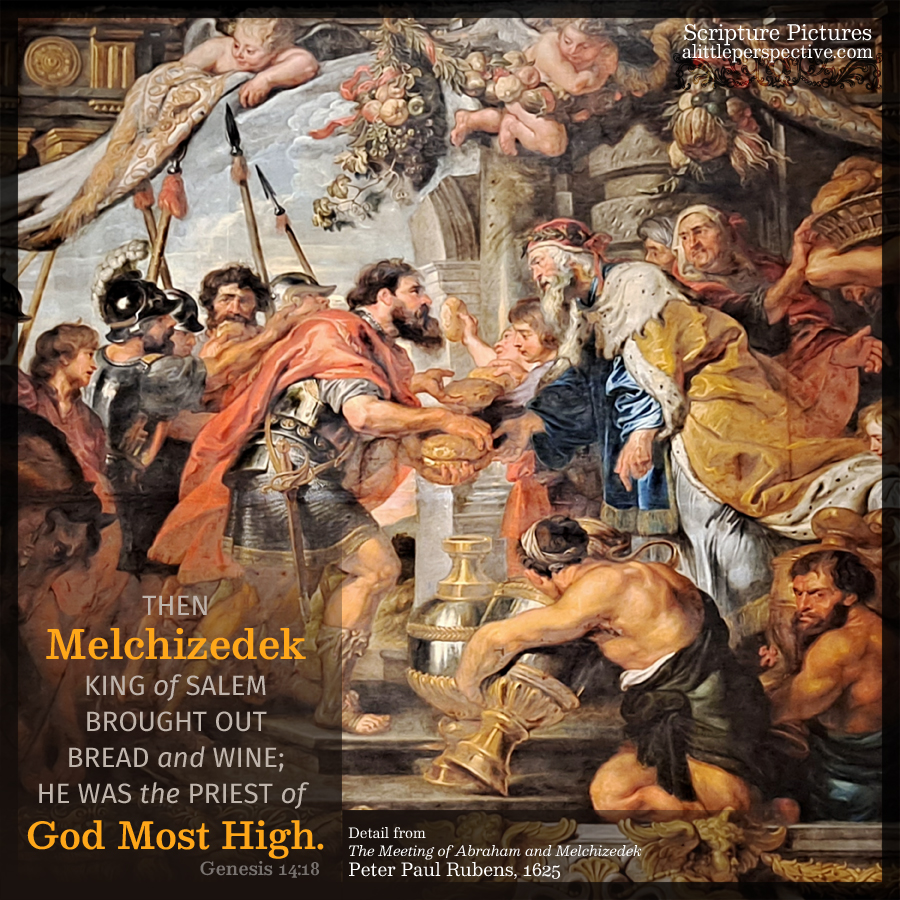Read Genesis 14 at Bible Gateway.
The Hebrew paragraph divisions:
Gen 14:1-24 {s} …
This chapter highlights the Signs of Messiah teaching tool. When the religious leaders asked Jesus for a sign to verify His teaching and His mission, He said,
“An evil and adulterous generation seeks after a sign, and no sign will be given to it except the sign of the prophet Jonah. 40 For as Jonah was three days and three nights in the belly of the great fish, so will the Son of Man be three days and three nights in the heart of the earth.” Mat 12:39-40
It is the sign of Resurrection Life after death. Jonah’s death seemed certain in the belly of the great fish, and yet in a surprising turn of events, he was restored to life.
In the same way, Abram with his household of 318 men confronted a powerful coalition of four kings, which had just won a major victory. Abram’s defeat seemed certain. And yet in a surprising turn of events, Abram achieved victory over the kings. The sign of Resurrection Life is a like a prophetic marker pointing to Messiah in the Hebrew Testament.
Two more Signs of Messiah follow this one in this chapter, for a total of three in the paragraph. The number three is also a Sign of Messiah in Scripture, per Mat 12:39-40. Thus the unifying topic of the paragraph:
Gen 14:1-24 {s} Signs of Messiah in Abram’s victory over enemies
What This Teaches: Jesus said, “Moses wrote about Me” (Joh 5:46). The five books of Moses (Genesis through Deuteronomy) and the entire Hebrew Bible prophesies of the Promised Seed who is to come. The New (Greek) Testament does not contradict the Old (Hebrew) but is its culmination.
If there are questions, these are good resources:
Genesis 14:1-24, History of ancient kings – Christine Miller
Did Chedorlaomer and the other kings really exist? – Christian Answers
Abram’s 318 men – Biblical Horizons Newsletter
The Authenticity of the Book of Genesis – Dr. William Cooper

















Leave a Reply